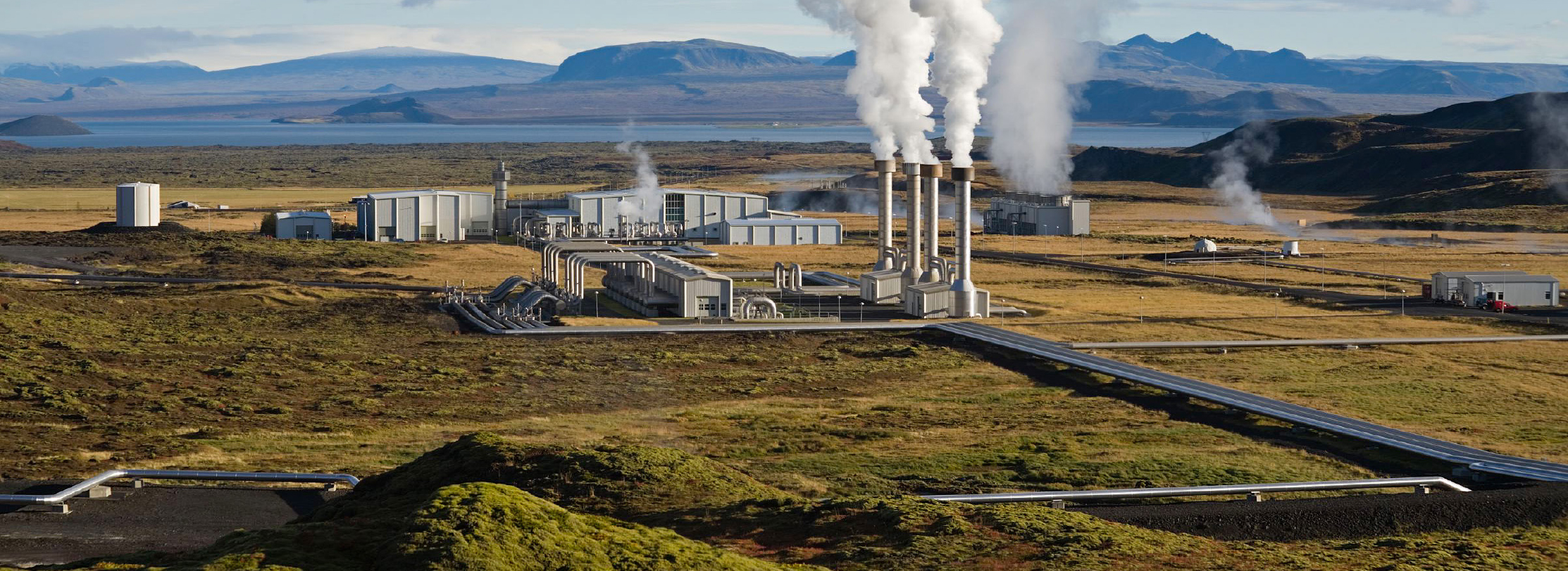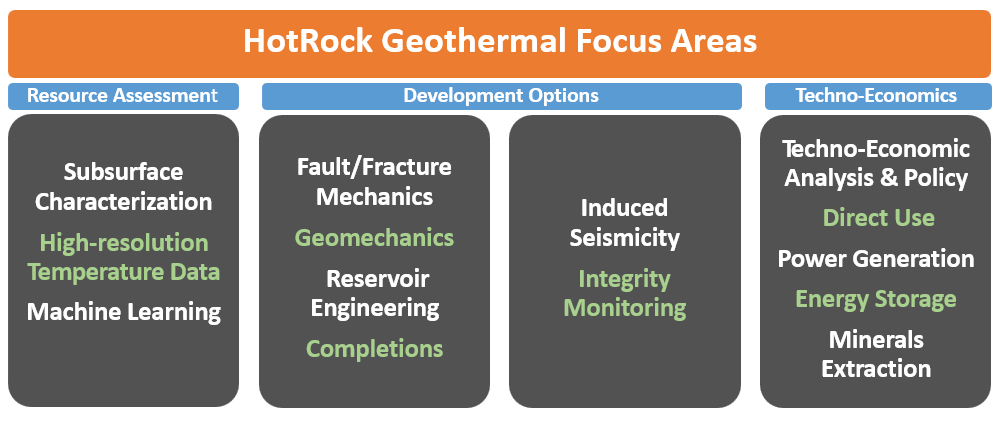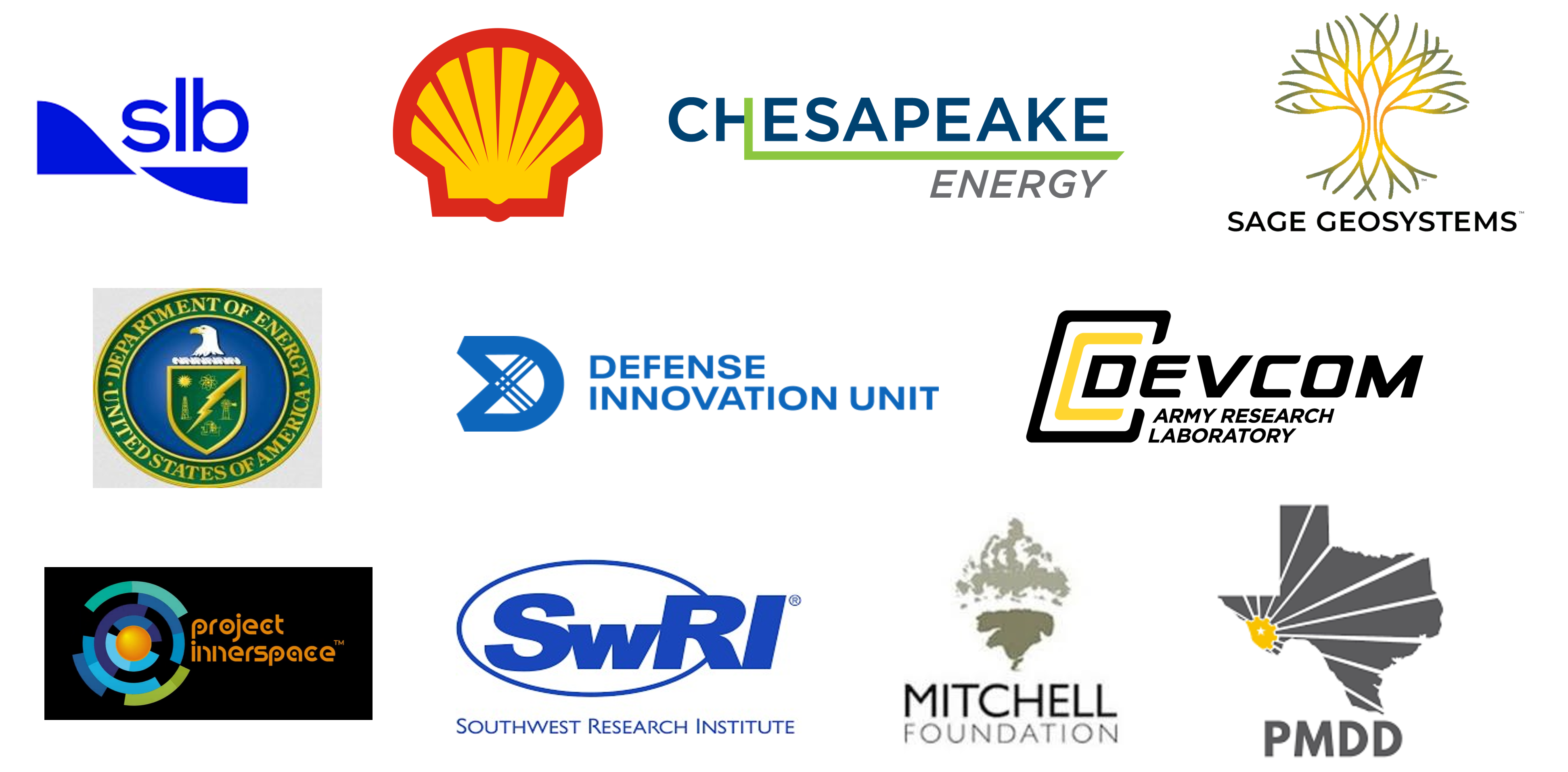The HotRock Geothermal Program at the Bureau of Economic Geology is advancing conventional and next-generation geothermal technologies to strengthen energy resilience, national security, and create domestic supply chain. We map and de-risk subsurface resources, evaluate conventional and next-generation systems (Enhanced Geothermal Systems, Closed-Loop Geothermal Systems, and Pressure/Thermal Energy Storage), model power grid integration, study the feasibility of co-production of hydrocarbons and lithium, and conduct detailed decision-grade techno-economics for power generation and direct use —turning geologic maps, pilot projects, and insights into profitable energy opportunities.

Vision
HotRock is an industry-funded research consortium to close the science and technology gaps that limit geothermal development anywhere on Earth. We incorporate science, engineering, economics, policy, and entrepreneurship efforts.
The HotRock consortium is more than an academic research program—it is a collaborative forum to accelerate innovation, address current bottlenecks, and scale next-generation geothermal solutions. We do it via regular meetings to set priorities and get feedback, workshops, shared databases, GIS maps, workflows, and collaborations on external grant proposals.
Research Scope

HotRock works on projects in Texas and beyond (domestic and international). We work with various industry partners, startups, government entities, and other stakeholders.
HotRock promotes open science, next-generation technologies, education, and workforce development.
Specifically, HotRock works on
Integrated Geothermal Resource Characterization and Assessment
- Resource mapping, characterization, and quantification in the Gulf Coast, East Texas, Rio Grande Rift, Basin and Range Province, and other regions (considering EGS, closed-loop, hydrothermal, cogeneration, and energy storage)
- New approaches to seismic and non-seismic (gravity, magnetic, EM) geophysical data processing and inversion for geothermal exploration and derisking
- GIS and AI/ML-based play fairway mapping in multiple regions in Texas, New Mexico, Colorado, Nevada, and other states
Laboratory Tests
- Laboratory studies of thermal conductivity, petrophysics, geomechanics, fracture mechanics of rocks and cement at different pressure, temperatures and fluid saturation, etc.
- Rock Property Database of basement and sedimentary rocks for hot dry rock and superhot geothermal
Dynamic Reservoir Simulation and Well Completions Optimization
- Reservoir simulation/modeling and sensitivity studies for complex geologic settings (EGS, Closed-loop, hydrothermal, geopressured)
- Embedded Discrete Fracture Modeling and Completions optimization
Techno-Economics
- Comparative techno-economics for power generation and direct use of heat over the predicted lifetime of a project, extraction rates, well configurations, CapEx and OpEx
- Co-production of hydrocarbons, critical minerals (lithium), and geothermal brine, optimizing resource efficiency
Geothermal Integration with Power and Thermal Demand
- Heating and cooling demand per sector and geothermal-to-grid integration for both generation and storage
- Co-optimization of temporal power grid modeling and geothermal reservoir modeling, for grid reliability and resilience
- Collaborative studies on field pilots, regional partnerships, etc.
Membership
$75k/year. Companies will be able to collaborate with the PI and researchers, obtain all the research results, and influence the areas of research. Each member company will appoint a representative to the advisory board to help make strategic decisions on spending and research priorities. We reduce the technical and financial risk of geothermal for consortia members.
HotRock member benefits
- Collaborative research agenda setting. Ability to advise HotRock on its research portfolio.
- Biannual meetings (Austin and Houston) and specialized workshops each year
- Access to formation tops, maps, lab and modeling databases, workflows, simulation outputs, Python tools, and in-house training
- First look at manuscripts and conference papers before publication
- Opportunities for direct 1:1 collaboration with project leads under the HotRock umbrella
- Ability to request in-house meetings of HotRock staff and sponsor technical and management groups
- Case studies conducted on sponsor-provided rock and fluid samples, and other datasets
- Enable energy companies and startups win grants from DOE and DOD for field pilots, technology demonstrations, regional partnerships, and outreach.
- Student engagement and workforce development
High return on investment
While annual membership is $75k, sponsors leverage consortium outputs by at least 10–15x annually. This is because HotRock integrates all sponsor contributions with major external projects funded by DOE, DOD, and state geological surveys.
Besides the HotRock consortium, we work directly with industries, startups, county/state/ federal agencies, private foundations, and other stakeholders on 1:1 sponsored projects.
Present & Past Project Sponsors

Leadership
Principal Investigator – Dr. Shuvajit Bhattacharya (Research Associate Professor), Bureau of Economic Geology [email]


